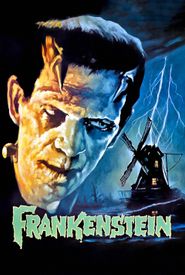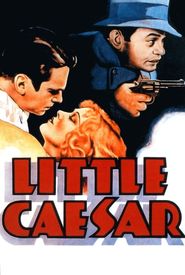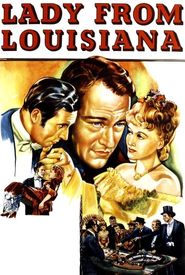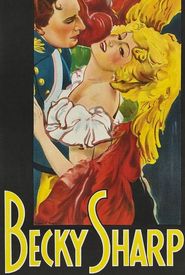Francis Edward Faragoh, born Ferenc Eduárd Faragó, was a renowned Hungarian-American screenwriter who left an indelible mark on the film industry. Born in Budapest, Austria-Hungary, he made the bold decision to migrate to the United States prior to the outbreak of World War I.
Faragoh's most notable contributions to the world of cinema include penning the screenplays for the groundbreaking gangster film "Little Caesar" (1931) and the gothic horror classic "Frankenstein" (1931). His work on these films cemented his status as a master of his craft, and he went on to receive a nomination for the prestigious "Academy Award for Best Adapted Screenplay" for his script on "Little Caesar".
Although he did not ultimately take home the award, Faragoh's subsequent works, including the period dramas "Chasing Yesterday" and "Lady from Louisiana", continued to garner critical acclaim. His screenplay for the coming-of-age drama "My Friend Flicka" is still widely regarded as a masterpiece by modern critics.
However, Faragoh's career was ultimately cut short due to his association with communism. He was blacklisted in Hollywood during the 1950s and subsequently semi-retired. The latter years of his life were spent in Oakland, California, where he passed away in 1966 at the age of 67 due to complications from a heart attack.
Despite his relatively short career, Faragoh's body of work has had a lasting impact on the film industry. Several of his films have been selected for preservation by the National Film Registry, a testament to their enduring historical significance.


































